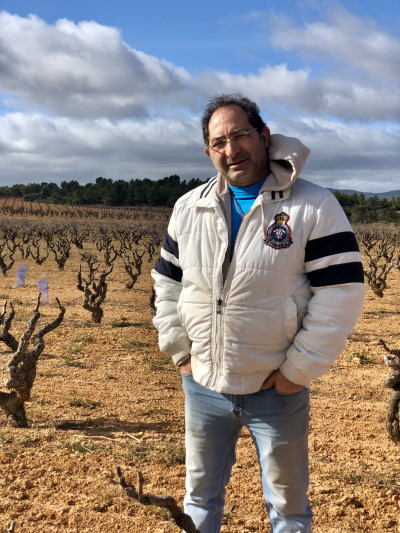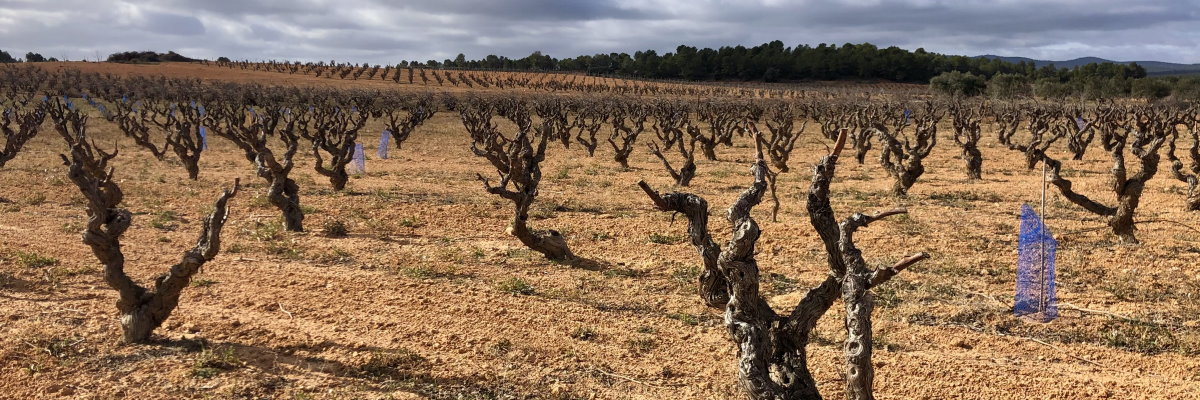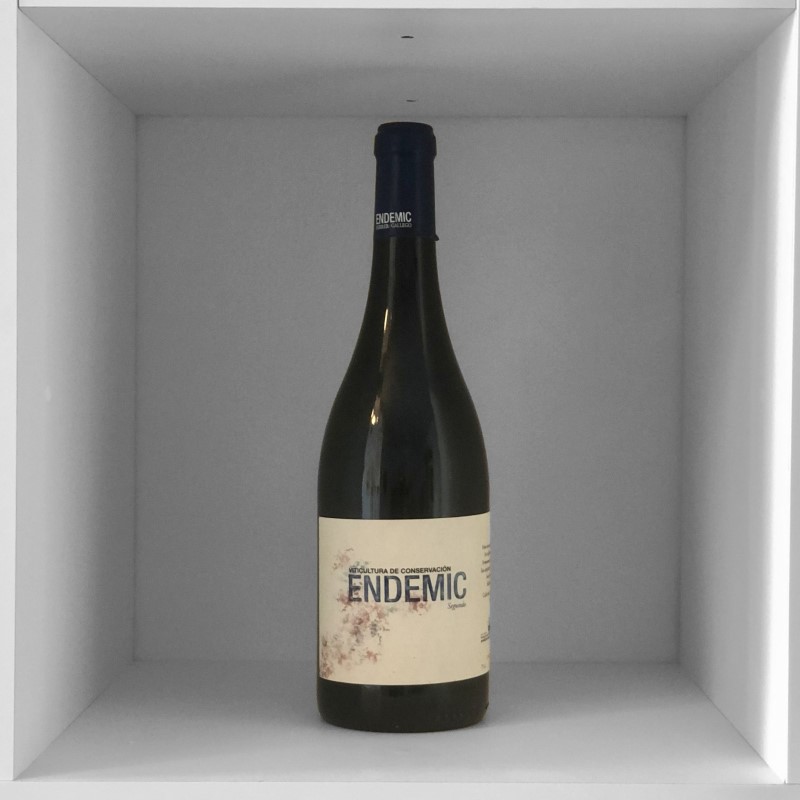
Jaraguas - Plana d'Utiel
Jaraguas, it sounds like a Mexican village but no, we are here in the plain of Utiel, west of Valencia, at an altitude of 900 meters. From a long line of bakers were born three prodigious sons. Miguel Angel carries on the family tradition with the wood-fired oven in the village bakery, Pablo is a botanist at the Valencian Community Centre for Forestry Studies and Experimentation (CIEF) and Raul is an oenologist with a doctorate in hand. Three brothers for a vineyard conservation project in agroecology initiated in 2012 with the production of 300 bottles, in other words "agro-cultural conservationism".
Fifteen hectares of vines of Bobal, a grape variety native to Utiel, Cencibel, the local name for Tempranillo, and Tardana (or Planta nova), an ancient white grape variety also native to the Valencia region. The soil of the three plots is predominantly silt or silty-clay, sometimes with a high clay content, as in the Cencibel plot, which contains up to 40% clay in the upper layers. The soil is at rest during the winter and two or three plough passes are made at the beginning of germination. No fertilisers or nutrients are added, just an (ecological) application every six to ten years depending on the plot. In winter, the village sheep are in charge of "weeding", it is also an addition of natural fertiliser and an enrichment of the soil with micro-organisms.
It is in the cellar lost in the grandfather's vineyards that the siblings raise their wines, a Bobal 100% and the Segundo, a coupage of Bobal, Cecibel and Tardana. Totally natural ageing without any added inputs or mechanical operations, the wines carry the ecological certification for those who care. If you are looking for a serious wine, to be tasted with a gourmet dish and philosophising about the future of our civilisation, this is the right wine for you.

Endemic Segundo
Red wine Cencibel 100%
Alcohol content: 12,88% Vol.

The plots are called Paraje Las parideras for the Bobal and Paraje Llano Pedrón for the Cencibel. The Bobal vines date from 1965, the Tempranillo from 1972 and the Tardana from 2014, gobelet pruning without irrigation.
The harvest: on 23 September 2018, the Cencibel and Bobal were hand-picked in 15-20kg crates, the Tardana on 6 October.
The winemaking: twenty days of maceration for the Cencibel, seven for the Bobal mixed with the Tardana. Spontaneous fermentation in 500-litre vats. Pigeage for between two and three days. Without clarification if filtering. Stabilisation thanks to the cold winter weather in the cellar. Natural cork from the Serra d'Espada (Valencian region) FSC-certified, guaranteeing responsible forest management.
The wine maker's notes: it's a fresh wine for the area from which it comes from, the Tardana provides the acidity necessary for Cencibel. The Bobal dominates with its imposing structure, but it is a light and pleasant wine with a considerable fruit load on the palate and a pleasant expression on the nose, it does not resemble a "natural" wine. 2018 was a year with an irregular climate with a cool spring and a summer that did not allow for optimal ripening. This allowed us to raise this type of profile, fresher and less complex than what we usually do with Bobal wines with a high alcohol content, 15-16%. So we tried this type of vinification, it was also an opportunity to integrate the Tardana, a curious and interesting variety.
Recommended consumption temperature: 16°C, to be decanted half an hour before, like all our red wines.
Consume from now.
Ecological certification ES-ECO-020-CV
